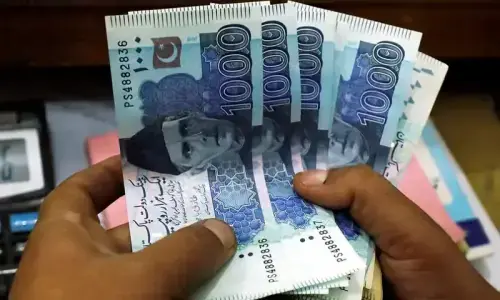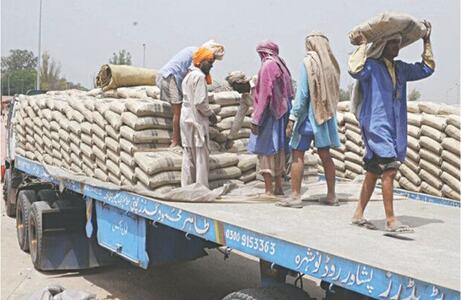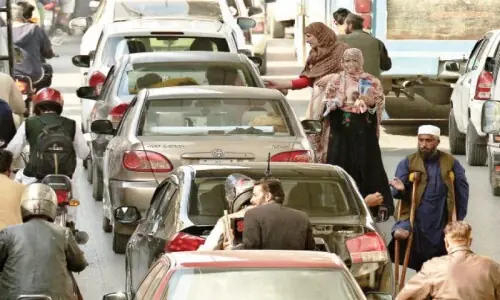ISLAMABAD: Pakistan is among the six countries of Asia selected by the Asian Development Bank (ADB) to scale up investments in urban climate change resilience, especially for the urban poor, it was learnt here on Wednesday.
ADB under the Urban Climate Change Resilience Trust Fund (UCCRTF) will enhance investments across 25 secondary cities in Pakistan, the Philippines, Bangladesh, India, Indonesia and Vietnam. The ADB has already completed consultations with the government on the project.
The impact of scaling up investments will be that urban populations, especially the urban poor in the selected countries, are less vulnerable to the direct and indirect impacts of climate change.
The outcome will be increased application of urban climate change resilience (UCCR) principles in the selected cities of ADB.
Cities in Asia and the Pacific are particularly vulnerable to climate change as people and economic assets are highly concentrated in hazard-prone locations. The 238 million Asian urban poor are expected to be hit first and hardest by the effects of climate change. Disasters caused by natural hazards erase one to five per cent of GDP each year.
The regional capacity development technical assistance will make UCCRTF resources available to ADB’s operations departments to provide planning and capacity-building support as well as activities for project development.
According to an ADB report, more than 60pc of the projected increase in urban population from 2010 to 2050 will take place in Asia, and half of that growth will occur in medium-sized cities.
These cities will make significant decisions on planning, land use, and major investment projects in the coming decades to support economic growth and to generate livelihoods for growing populations.
Urban areas that are most susceptible to climate-related shocks and stresses have fragile systems, including fragile natural ecosystem and large socially or economically marginalised populations.
Under the technical assistance, ADB will assist governments and civil society with better scientific and economic data at the subnational level to assist decision-making and provide support for project development and pilot activities.
Participating countries will be able to identify UCCR strategies, build related institutional capacity, and enable multi-stakeholders engagement to implement UCCR initiatives and to assess the local impacts of climate change.
Published in Dawn, April 16th, 2015
On a mobile phone? Get the Dawn Mobile App: Apple Store | Google Play



































